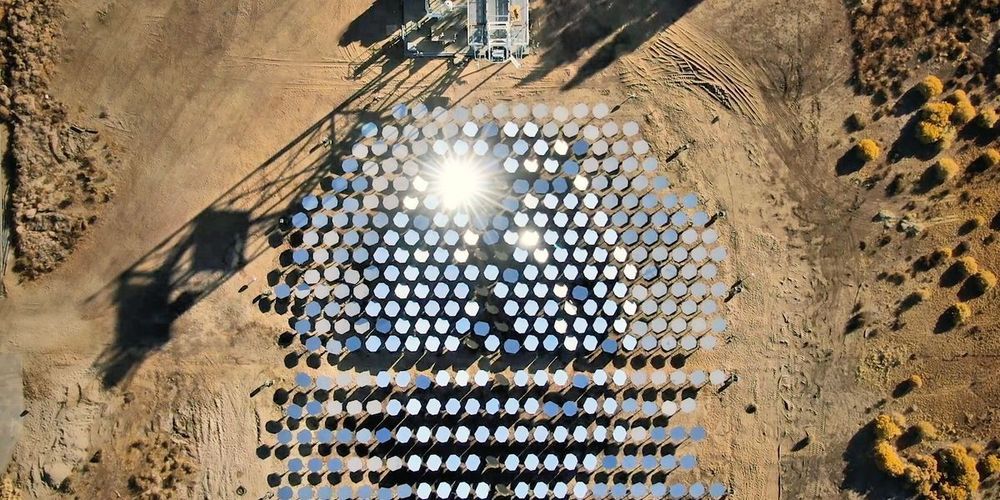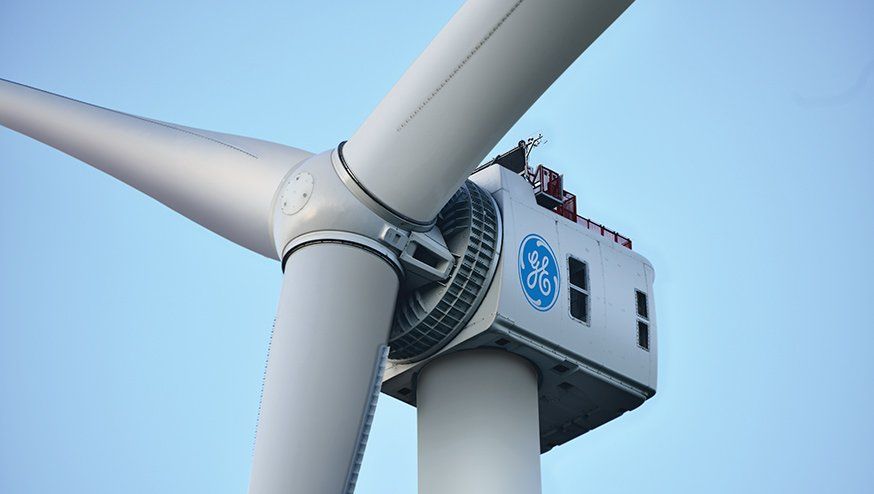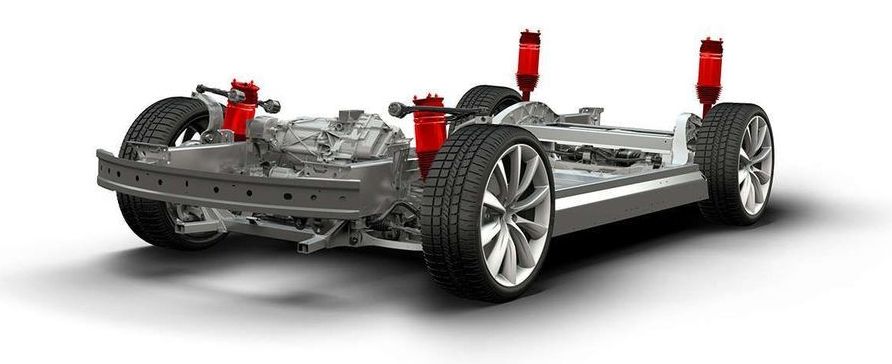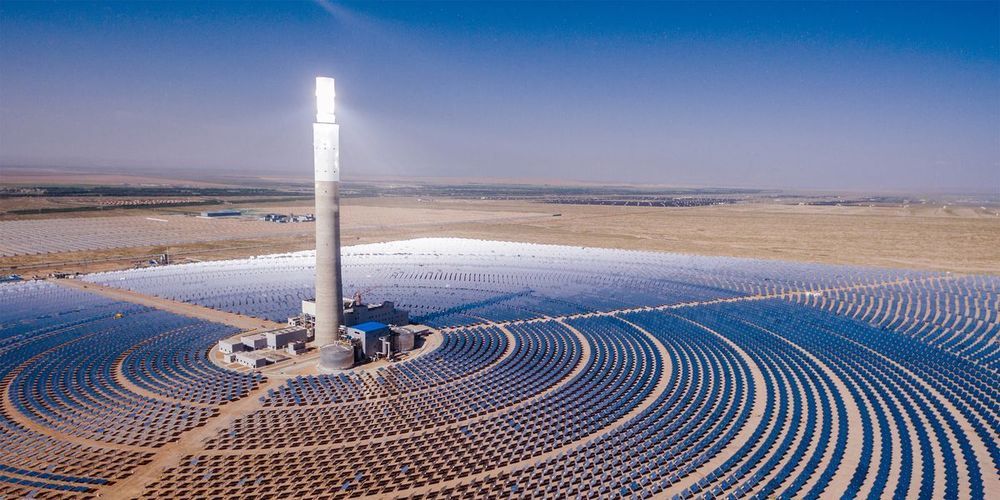A team of archaeologists from the University of Cincinnati has found that between about 2,200 and 1,000 years ago, the drinking water in this reservoir was filtered through a mixture of zeolite and coarse, sand-sized crystalline quartz. This filtration system is the oldest known example of water purification in the western hemisphere and the oldest known use of zeolite for decontaminating drinking water in the world.








